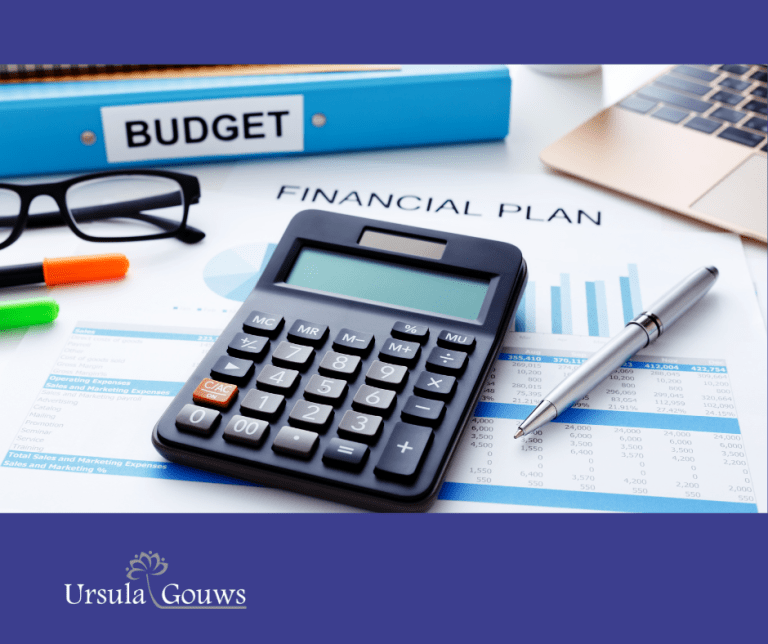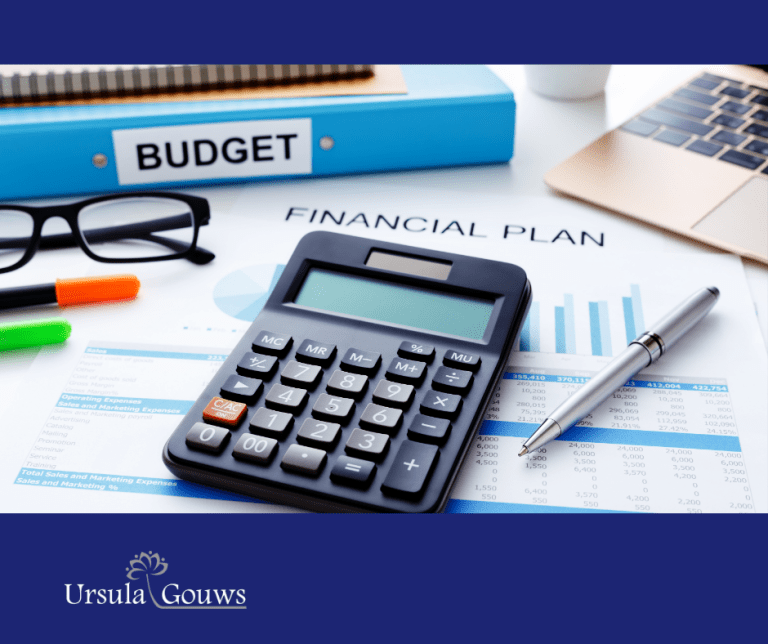In this blog post, I want to share the 10 things I do to set up my year for financial success.
Welcome to a new year filled with fresh opportunities to organize your finances.
As we enter a new year, reviewing the financial lessons learned from the previous year and tweaking our strategies for success is important.
These strategies have been invaluable in helping me manage my finances, achieve my financial goals, and even create savings.
Whether you are deep in debt or just want to improve your finances. These tips will help you kickstart your year and set you on the path to financial success.
How to get the most out of this exercise.
- Use a Journal or a Planner.
Download a free planner. - Set aside a dedicated time to plan out your year. Reflect on the past year and set intentions for the coming year.
- Share Your Plans.Discuss your goals with loved ones. Sharing your aspirations can bring new ideas and create a supportive environment.
- Please read through the list and let them percolate for a while.Then, come back to them in a few days and see what new ideas you might have.
Here are the 10 things that I make it a point to pay attention to at the beginning of each year.
1. Reflect on Last Year
Take a moment to think about your financial situation from the previous year.
The first step to achieving financial success is to take stock of where you stand and where you have been.
Reflecting on the past year is a valuable opportunity to lay the groundwork for a focused plan to tackle debt.
Consider what worked for you and what areas could use some improvement.
Reflect on the financial lessons learned from last year. Look at your successes and any challenges.
Analyze your bank statements, credit card bills, receipts, and any other record of your spending from last year.
This first step will guide you in creating an effective financial plan for this year.
2. Set Clear Financial Goals
Financial goals give you direction in your financial journey.
Define your specific financial goals for the year.
Whether it’s clearing your credit card debt. Creating a budget. Saving for a rainy day. Or investing in your retirement.
Set clear and measurable objectives.
By setting clear financial goals, you provide yourself with a roadmap for the year ahead.
These goals act as motivators. They are helping you focus on the actions needed to improve your financial situation and work towards debt-free and financial success.
Download a Freebie on my website – How To Make A Goals Planner.
3. Create a Realistic Budget
A budget is a simple tool that helps you track your spending and plan your finances.
Creating a realistic budget during annual planning is foundational for someone in debt. In your budget, prioritize your needs over your wants and allocate your money accordingly.
Make sure to create a realistic budget that you can stick to and make adjustments where necessary.
Ensure your income adequately covers essential needs like housing, utilities, groceries, and debt repayments.
The goal is not only to meet immediate financial obligations but also to allocate funds for savings or debt reduction.
Strive for balance, making room for both short-term stability and long-term financial growth.
A well-structured budget is a guiding tool, empowering you to make informed decisions and helping you manage and overcome debt.
Download a Freebie on my website – How to make a Budget Planner.
4. Establish an Emergency Fund
Life is unpredictable, and emergencies can happen when we least expect them.
Setting aside money for emergencies can help you stay afloat during tough times.
Begin by assessing the current status of your emergency fund, if one exists.
If not, seriously consider establishing one, aiming to cover three to six months’ worth of living expenses.
An emergency fund acts as a financial safety net, providing a buffer against unforeseen circumstances such as medical expenses or unexpected repairs.
Read my blog post – How to start Saving.
5. Evaluate Your Debt
Debt can feel overwhelming and suffocating, but it doesn’t have to be.
Start by listing all your debts, including credit cards, car loans, personal loans, and any other debt you owe.
Evaluate the interest rates, minimum payments, and payment due dates.
Establish a systematic plan for debt payments throughout the year, breaking down the total amount owed into affordable amounts.
Paying consistently is essential, regardless of the debt snowball or avalanche strategies.
Using either strategy reduces interest payments and gives a feeling of achievement when reaching every debt milestone.
A focused debt reduction plan you include in your annual strategy opens the door to better financial health and more control over your financial situation.
Read my Blog post – Debt Snowball method.
6. Check Your Credit Report
Your credit report is a record of your credit history and can affect your ability to borrow money in the future.
Once a year, you may request a free copy of your credit report and review it for any errors, incorrect information, or fraudulent activity.
Dispute any errors or discrepancies you find to ensure the accuracy of your credit report.
7. Evaluate Your Savings
Saving money is one of the most effective ways to build wealth and secure your financial future.
Make it a habit to save a portion of your income each month.
You can automate your savings by setting up automatic transfers to your savings account from your checking account.
Read my blog post – What is saving money an Asset.
8. Review Your Insurance
Insurance ensures that you and your family are protected in case of unexpected events such as accidents, illness, or property damage.
Review your insurance policies regularly to ensure that you have adequate coverage to protect your assets and loved ones.
Always speak to a registered Financial Advisor about financial products or investments.
Read my Blog post – Why Do You Need Life Insurance.
9. Assess Your Investments
Investing is one of the best methods of growing your wealth.
Review your investment portfolio in line with your financial objectives. This portfolio usually includes your employer benefits or any personal products.
Start by examining the performance of your portfolio, evaluating risk, and examining returns.
Ensure that your investment plan aligns with your long-term objectives, including retirement planning, asset growth, and debt reduction.
Adjustments can be needed depending on how the market or your financial situation changes.
Always speak to a registered Financial Advisor about financial products or investments.
10. Schedule Money Dates
Setting up frequent “money dates” is a helpful yearly planning tactic to ensure you stay on track with your financial goals.
These specified dates each month are used to review your budget, monitor your financial situation, and make any required adjustments.
The frequent check-ins help you stay informed and in charge of your money.
By making financial reflection a regular practice, you can become acutely aware of spending trends, savings growth, and debt reduction milestones.
Schedule regular times with your partner or a trusted financial advisor to review and adjust your financial plan, budget, and investments.
Conclusion
With these ten habits, you can start your year on the right foot and put yourself on the path to financial success.
Implementing these strategies may initially seem daunting, but it’s worth it.
A year from now, you’ll be grateful that you started your journey to financial success today.
Remember, the journey to financial success is a marathon, not a sprint.
Stay patient, disciplined, and committed, and you’ll achieve your financial goals in due time.
This blog was brought to you by Ursula Gouws.
This blog is for information purposes only and does not constitute legal or financial advice.
If you enjoyed this blog, check out more Debt Talk with Ursula on the Ursula Gouws Consulting Blog, or download our Freebies to help you on your journey to a new financial future.
I am a Debt Strategist. Let me help you find the ideal legal solution for your unique debt situation.
I understand that dealing with financial distress can bring about feelings of guilt and shame, and even depression.
Rest assured – working together, we will get you back on track, so your finances and dignity are fully restored.
If you need help finding the ideal legal solution for your debt, feel free to reach out with the contact form on my Website.







